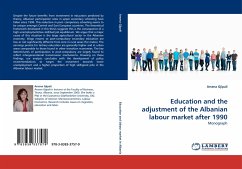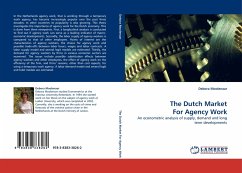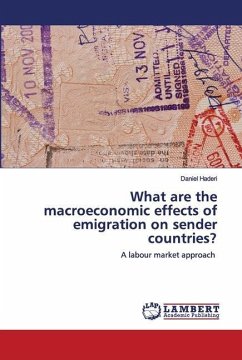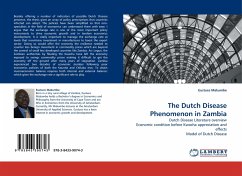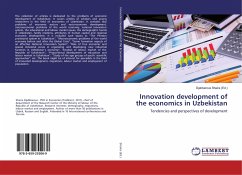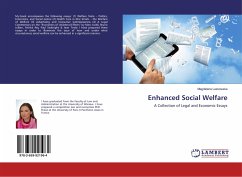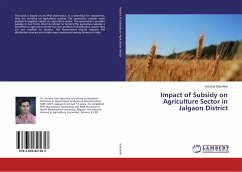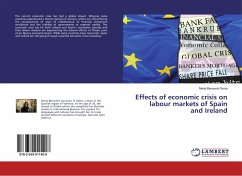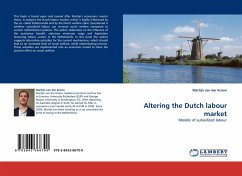
Altering the Dutch labour market
Models of subsidized labour
Versandkostenfrei!
Versandfertig in 6-10 Tagen
32,99 €
inkl. MwSt.

PAYBACK Punkte
16 °P sammeln!
This book is based upon and named after Martijn's economics master thesis. It analyses the Dutch labour market, which is highly influenced by the so- called Poldermodel and by the Dutch welfare state. Questioned is whether subsidized labour can increase social welfare compared to current redistribution policies. The author elaborates on the influence of the assistance benefit, statutory minimum wage and legislation favouring labour unions in the Netherlands. In this book the author suggests alternative subsidies for the current mechanisms, which should lead to an increased level of social welf...
This book is based upon and named after Martijn's economics master thesis. It analyses the Dutch labour market, which is highly influenced by the so- called Poldermodel and by the Dutch welfare state. Questioned is whether subsidized labour can increase social welfare compared to current redistribution policies. The author elaborates on the influence of the assistance benefit, statutory minimum wage and legislation favouring labour unions in the Netherlands. In this book the author suggests alternative subsidies for the current mechanisms, which should lead to an increased level of social welfare, while redistributing income. These subsidies are implemented into an economic model to show the positive effect on social welfare.



